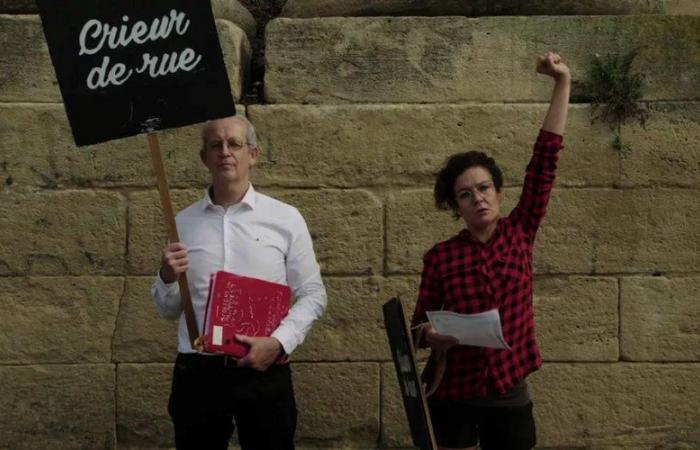In 2018, the yellow vest crisis broke out in France, throwing French crowds into the streets. The agitation is great, our country is in the grip of fever and is giving rise to dull concerns. An enlightened mayor, in Oise, Fabrice Dalongeville, launches with other rural elected officials the “open town hall” operation to welcome the expression of citizens. Opportunity, President Macron then had the idea of building on this initiative and launched a major public opinion consultation project to try to calm people's minds. He asks town halls to open a grievance notebook in their premises in which each citizen can submit their comments, questions and grievances.
This virtuous exercise, unpublished since 1789, a disastrous year for France, met with great success. More than 200,000 citizen contributions, written by hand, are collected in more than 20,000 notebooks. Unfortunately, the democratic momentum was broken by more “hot” news, the fire of Notre-Dame de Paris, and the words collected were put in the closet and forgotten by all. Forgotten by everyone? Not quite. A director, Hélène Desplanques, carried out her investigation for more than two years in the departmental archives, to consult these texts, find their authors and above all give a public existence to the “Grievances”.
Along the way, she meets Fabrice Dalongeville, the mayor of the town of Auger-Saint-Vincent, in Oise, also keen to give this citizen voice the visibility that was promised to it. Michel Barnier himself, French Prime Minister, announced these days that he wanted to draw inspiration from these grievances in order to make his government's action effective.
We do not know if the idea, also laudable, will go through to the end, but we do know that a documentary film was born from the research of this director, Hélène Desplanques and her partner Fabrice Dalongeville.
This film, broadcast on the small screen in September 2024, continues its tour in cinemas. Following the call from third-party networks at the national level, the film will be hosted on November 5 in Arvieu, at 8:30 p.m. at the Salle des Tilleuls and you will be able to attend its screening free of charge, at the end of which a time for discussions will be offered.
The film's ambition is to bring this civic voice back into the open and to relay it, to put it back in front of everyone.






